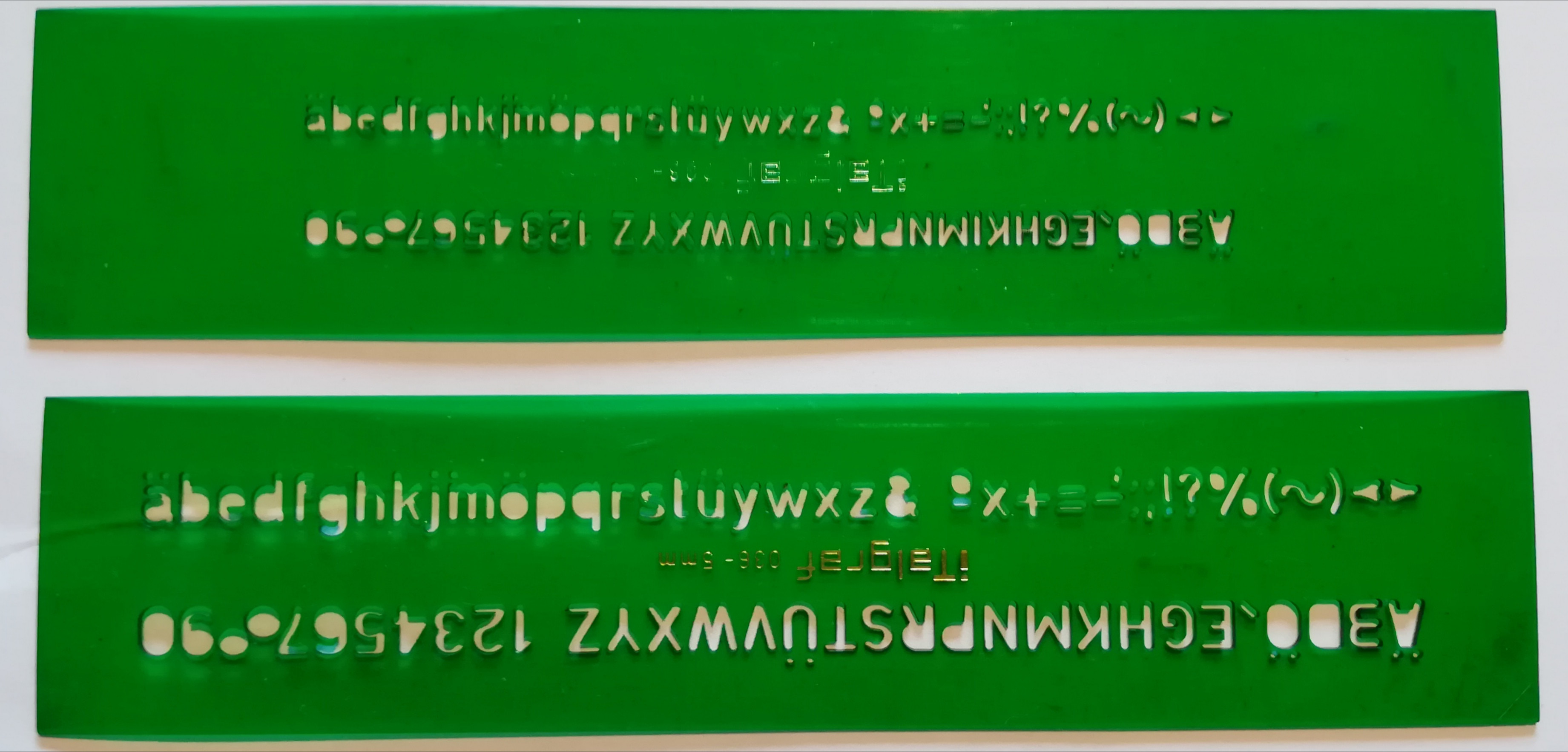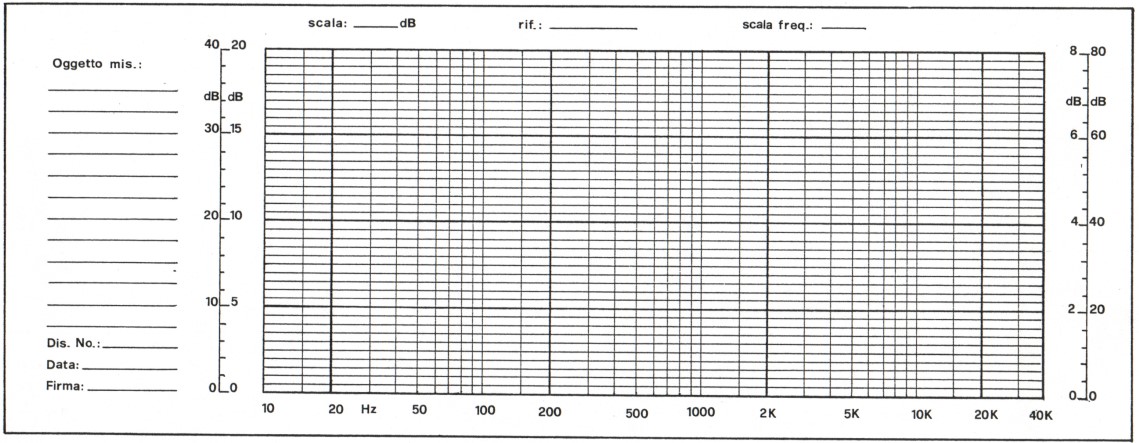Those were typically made with lettering guides and French curves (I'd have liked to take a few pictures of mines, but I cannot recall where I put them: hundreds of hours at high school spent using them1), drawing with technical pens like Rapidographs. In certain cases, you could have also used dry transfer letters. As a drawing desk, a drafting machine was typically used (you can also buy tabletop ones).
In many cases, graphs and drawings were made by professional graphic designers, and that's why many old pictures look so good.
1A typical homework punishment in drawing classes for anyone who made too much noise in class was to fill an A3 sheet with text written with the smallest lettering guide.
Addendum:
I could find the lettering guides:
And while digging for the lettering guides, I could also find a graph paper that I drew when I was at high school using rapidographs and dry transfer letters, and with a tabletop drafting machine . It's a graph paper I used to plot the frequency response of amplifiers. Not exactly what you want, but just to give you an idea of what a non-expert could do with those tools.


